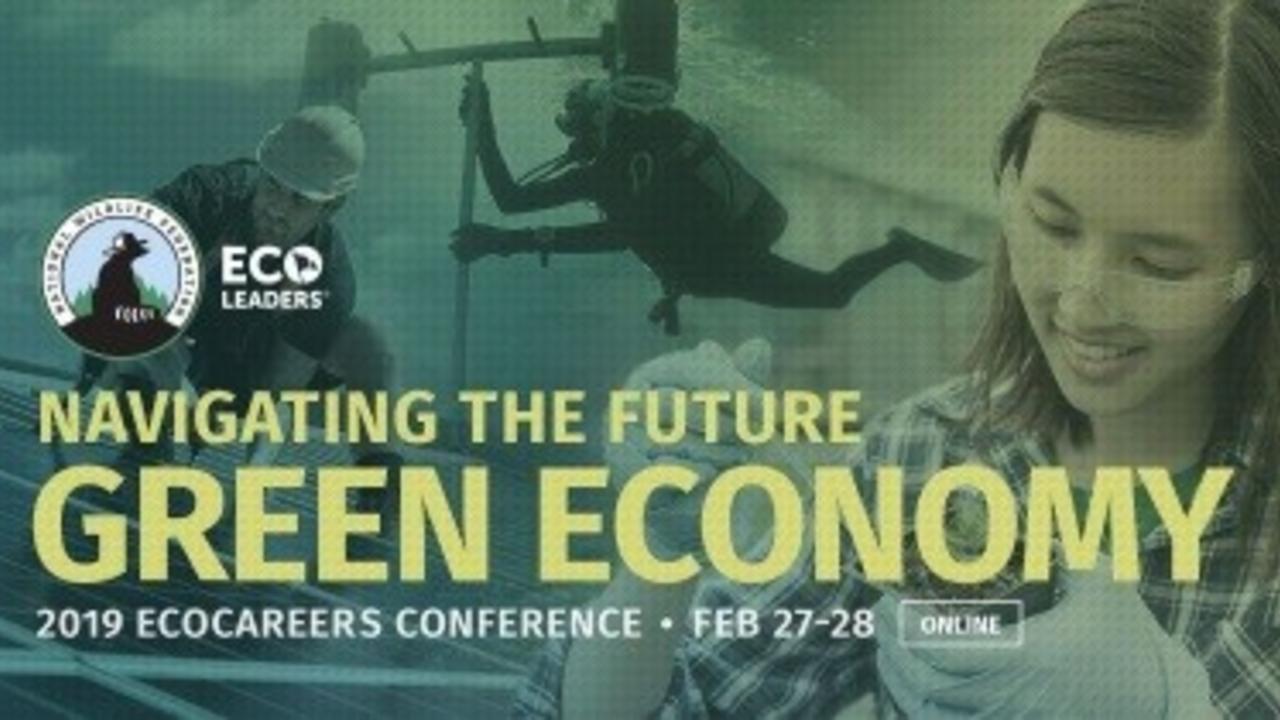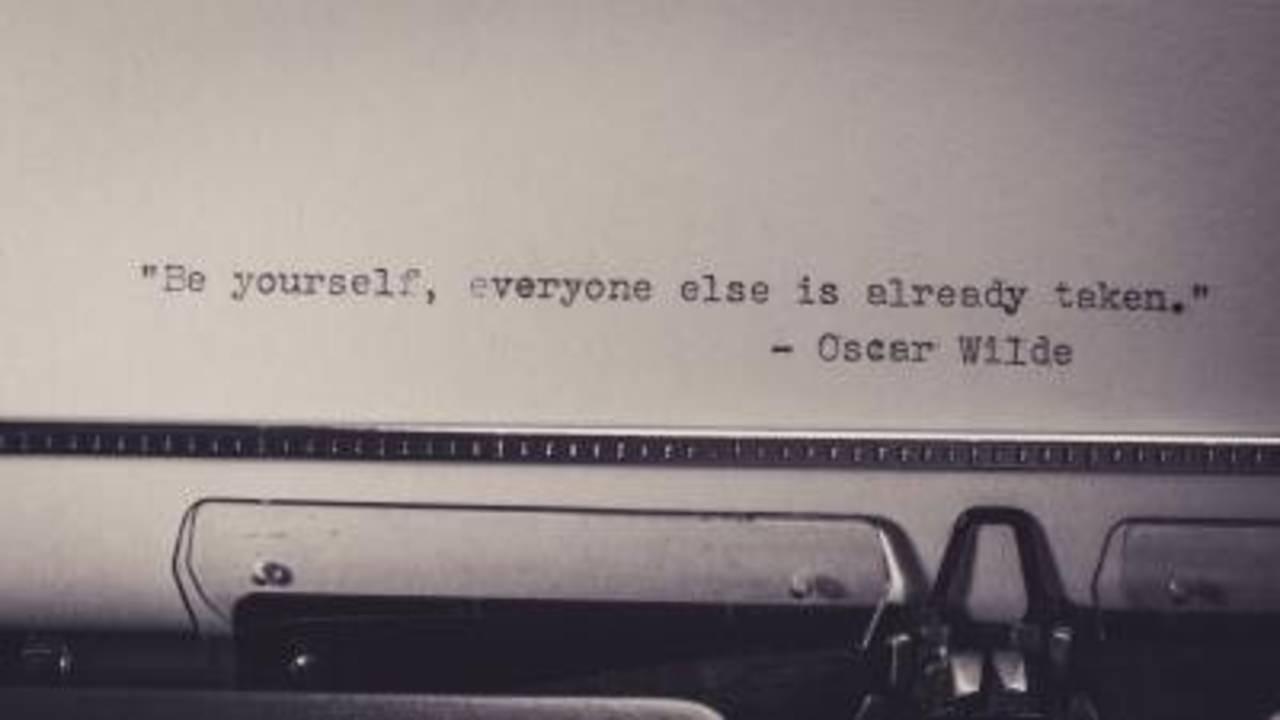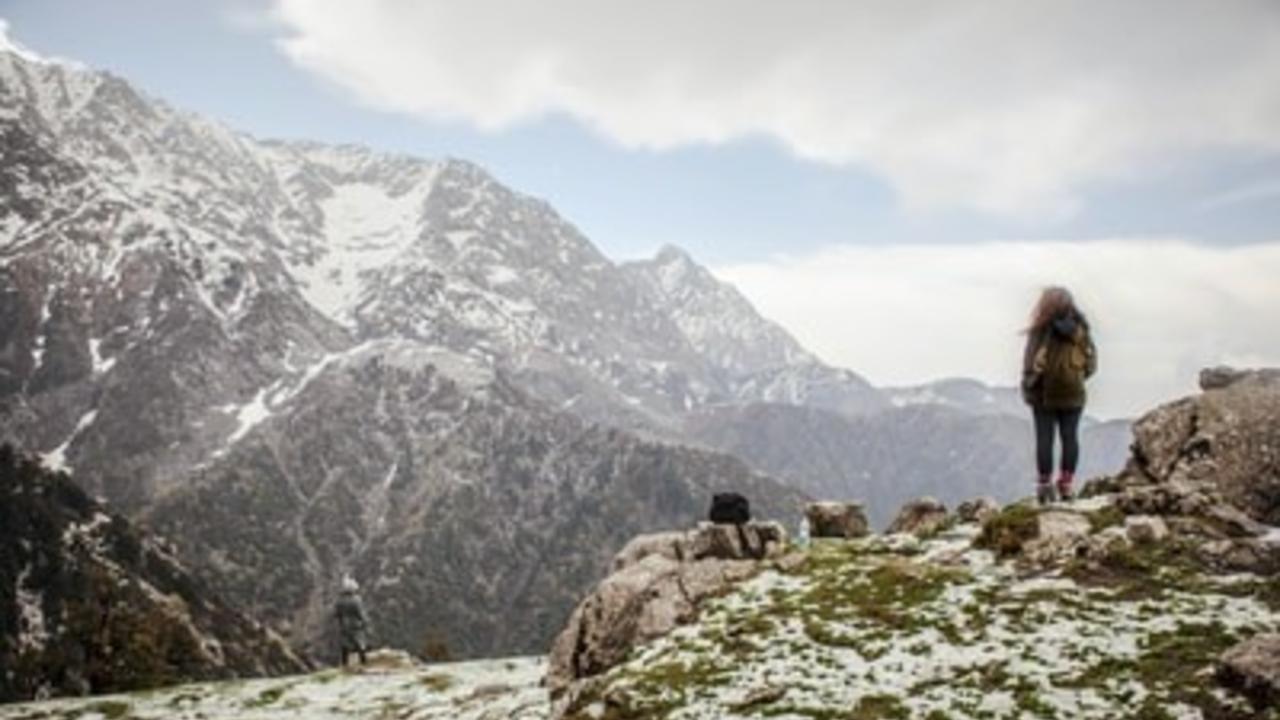Welcome to the ENVIROlocity™ Blog.
Build career momentum to go further, faster with these articles empowering you to make great job search and career moves. For more insights follow us on Substack.
Here is a question recently received from a participant in the coaching program: LinkedIn, who should you accept as a connection and who might you not want to connect with?
Here's my response:
LinkedIn is unlike most other social media platforms th...
No one wants to hire someone who isn’t capable of getting the job done or who needs their hand held all day. Although this is generally true in any market, it is particularly evident in the environmental industry. Environmental jobs come with hefty r...
Last Thursday, February 28th, I had the pleasure of presenting at National Wildlife Federation's EcoLeaders Virtual Summit. I co-lead a session called "Helping Your Students Navigate Their Careers in a Sea of Options". Many of the presentations will ...
I have only hyperventilated once in my life. Up until then, I thought panic attacks only happened to extreme worriers and overly-dramatic types. I was just about to graduate and had been working in a temp position at an environmental agency and I had...
Honestly, I didn’t use to think cover letters warranted paying much attention to but after receiving so many questions and working on a few with coachees, I now see that there is too much info out there and none of it entirely related to environmenta...
Are you the type of person who is constantly going back and forth when trying to make a decision? Especially when it comes to spending money or making long term choices? Do you second guess decisions or purchases after you’ve made them? I am here to ...
This week, I am responding to a question I received through LinkedIn: “What differentiates a great CEO from ordinary people? Why only a few people get promoted and become a senior executive?”
First of all, these are great questions and a good obs...
Anytime you go through a transition in life emotions and challenges come with them. Major life transitions include parent's divorcing, moving out of your parent's house, moving long-distances, family deaths, and graduating from college, and entering ...
As a student, you’re understandably focused on grades and trudging through classes your not even sure why you have to take them. The problem is that your university might also only be concerned with your grades and not your post-graduation success.
...Networking! You love it or you hate it but I would guess since you’re reading this that you lead more towards that second one.
Creative Networking is the most effective way to network and consists of 3 parts:
- Mindset
- Creative Strategy
- Connectio ...
Picture a banker, a baker, a pet shop owner, and an engineer. You could create a particular avatar for each one. Now picture an environmental engineer. Did the picture change?
The reason for this is not stereotyping; it’s a reality that there are co...













